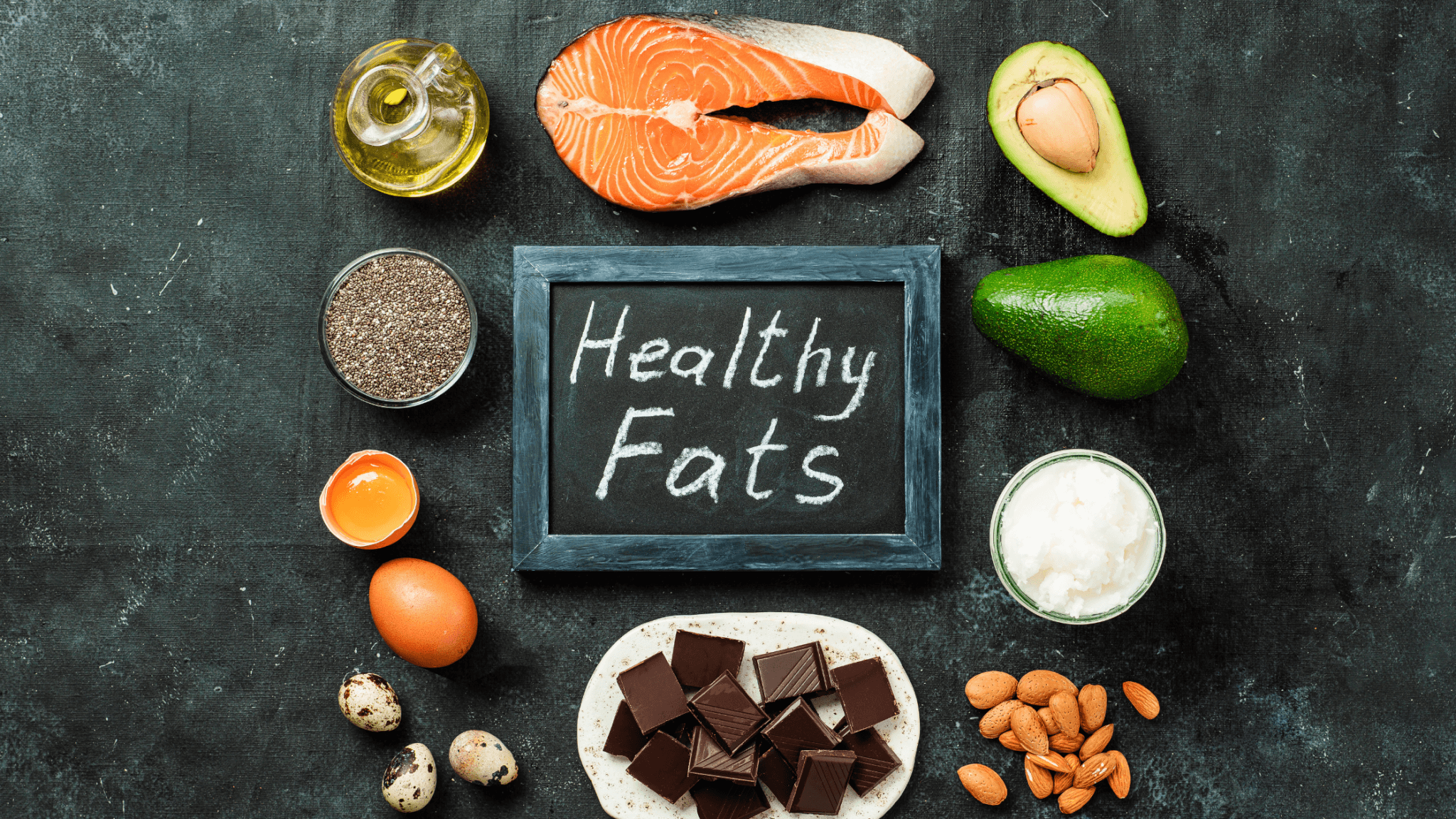Today’s blog is the last of our Macronutrients information. Part four is all about Fats and why they are good for you and our overall health.
To start, let’s talk about the most common fats that we see on our nutrition labels.
Trans Fat, Saturated Fats and then we have monounsaturated and polyunsaturated fats.
In the words of Harvard Health Publishers, they label them as such-
- Bad Trans Fats
- In-between Saturated Fats
- Good Monounsaturated & Polyunsaturated Fats
Let’s talk about Trans Fats first and why we should do our best to avoid them in our diet.
Trans Fats are a byproduct of a process called hydrogenation, this is used to turn healthy oils into solids and to prevent them from spoiling. Trans fats have no known health benefits and there is no safe level of consumption. Therefore, they have been officially banned in the United States.
Eating foods rich in trans fats increases the amount of harmful LDL cholesterol in the bloodstream and reduces the amount of beneficial HDL cholesterol. They create inflammation, which is linked to heart disease, stroke, diabetes, and other chronic conditions. They contribute to insulin resistance, which increases the risk of developing type 2 diabetes. Even small amounts of trans fats can harm health: for every 2% of calories from trans fat consumed daily, the risk of heart disease rises by 23%. So you see, it’s highly recommended that we stay away from Trans Fats as much as possible.
Next up Saturated Fats, these fats are typically solid at room temperature, think coconut oil or cooled bacon grease. Common sources would be red meats, whole milk, cheeses, and other whole milk dairy foods.
The word “saturated” here refers to the number of hydrogen atoms surrounding each carbon atom. The chain of carbon atoms holds as many hydrogen atoms as possible — it’s saturated with hydrogens.
Is saturated fat bad for you? A diet rich in saturated fats can drive up total cholesterol, and tip the balance toward more harmful LDL cholesterol, which prompts blockages to form in arteries in the heart and elsewhere in the body. So, yes and no. In some individuals such as people who follow the Carnivore Diet, high amounts of cholesterol seem to show great benefits( example Shawn Baker, who shares all his lab/blood test), as for others it can show a spike in cholesterol. The key point is you need to be honest with yourself and listen to your body and health care professionals.
Lastly the so called “Good” fats, Monounsaturated and Polyunsaturated Fats.
You’ll commonly find these are vegetables like avocados and olives(olive oil), nuts and seeds, as well as fish. They differ from saturated fats by having fewer hydrogen atoms bonded to their carbon chains. The health benefits of these two fats were discovered back in the 1960’s when studies were down on diets and areas with low heart disease. So Greece and it’s Mediterrian Diet and way of eating was highly looked into. Even to this day the Mediterrian Diet is a highly recommended healthy way of eating.
One reason is due to the fact that Polyunsaturated fats is essential, meaning that it is required for normal body functions but our bodies don’t produce it naturally so we must get it from the foods we eat. Polyunsaturated fats are used to build cell membranes and the covering of nerves. They are needed for blood clotting, muscle movement, and inflammation.
There you have it, a sneak peak into the world of fats and macronutrients. The studies and information are forever changing and evolving when it comes to macronutrients, due to better studies and better science. So stay on top of your information and be sure to read from honest reliable sources. I hope you enjoyed the read, if you have questions, don’t hesitate to contact me!
